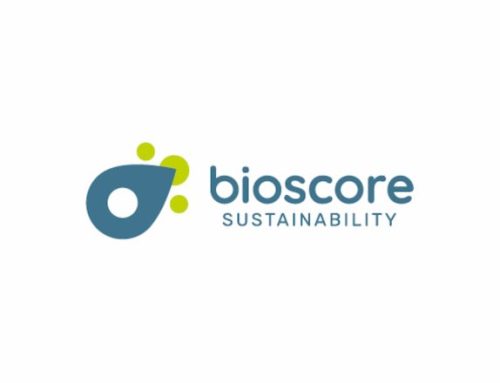
To correspond with the rising demand of responsible travelers, organizations needed to re-shape their strategy. Over recent years, the travel and tourism industry has reflected an increasing shift in mindset towards a greener agenda. The term sustainability came to be used, introducing principles and practices designed to encourage active preservation of our environment and communities, while promising an attractive economic recovery. Many entities now drive profitability and innovation by implementing sustainability programs across their value chains.
TUI Travel PLC, a leading international leisure travel company and a GSTC member, surveys their own customers to measure sustainability consciousness.. Not surprisingly, the 2012 TUI Travel Sustainability Research Report – with 3000 people surveyed, who have taken at least one holiday of at least 5 days including a flight within the last 2 years – illustrates the importance for tour operators to demonstrate how their supply chain – which consists largely of third-party accommodations – is employing workers under fair conditions and is supporting the local community.
This comprehensive customer research study was undertaken in six major European markets (United Kingdom, The Netherlands, France, Denmark, Germany and Norway) and it revealed how important it is for their customers to be assured that their hotels are treating their people fairly and addressing applicable social and community issues.
Although 65% of the respondents still think sustainable holidays are more expensive than conventional holidays, this share has been reduced by 7% since 2010. The report compared their 2010 findings with the latest survey. In 2010, price perception, difficulty of finding sustainable and apathy in the subject were identified as key barriers for not booking a sustainable holiday. Price perception was reduced as a challenging factor, more respondents are buying sustainable products than two years ago and more regular purchases of sustainable products has started to changed price perceptions in a positive way.
Evidently, the evolution of consumer behavior towards sustainable tourism has affected private and public sectors; local, regional and national government levels and sustainability efforts have reached every facet of most structures. Jane Ashton, GSTC Board Member and Director of Group Sustainable Development at TUI Travel PLC, explained how this sustainability trend had macroeconomic impacts in the markets they surveyed:
«In the UK, the Companies Act 2006 was sharpened in 2013 to require more disclosure from companies on their material environmental, employee and social impacts – in particular human rights were highlighted, following the growing integration into national legislation – across Europe and beyond – of the UN Guiding Principles on Business and Human Rights. As we illustrate in our Sustainable Holidays Report, companies are now expected to manage and report on their own human rights impacts including how they influence the actions of their business partners, i.e. in our case: accommodation suppliers. In Germany too, legislation has changed to encompass social impact reporting resulting that German companies have to report against non-financial KPIs relating to environment and worker standards».
«Increasingly, tour operating companies like ours have Supplier Codes of Conduct showing the social and environmental expectations they have of their major suppliers. In fact, GSTC-Recognized certification scheme gives third-party assurance to companies like TUI Travel that suppliers are performing to these expected standards».
About TUI Travels PLC
TUI Travel PLC is one of the world’s leading international leisure travel groups operating in approximately 180 countries worldwide. It serves more than 30 million customers in over 31 source markets. Headquartered in the UK, the Group employs approximately 57,000 people and operates a pan-European airline group consisting of circa 140 aircraft. The company is organized and managed through three principal business Sectors: Mainstream, Specialist & Activity and Accommodation & Destinations. In the financial year ended 30 September 2014 TUI Travel had revenues of £14.6bn and an underlying operating profit of £612m.




